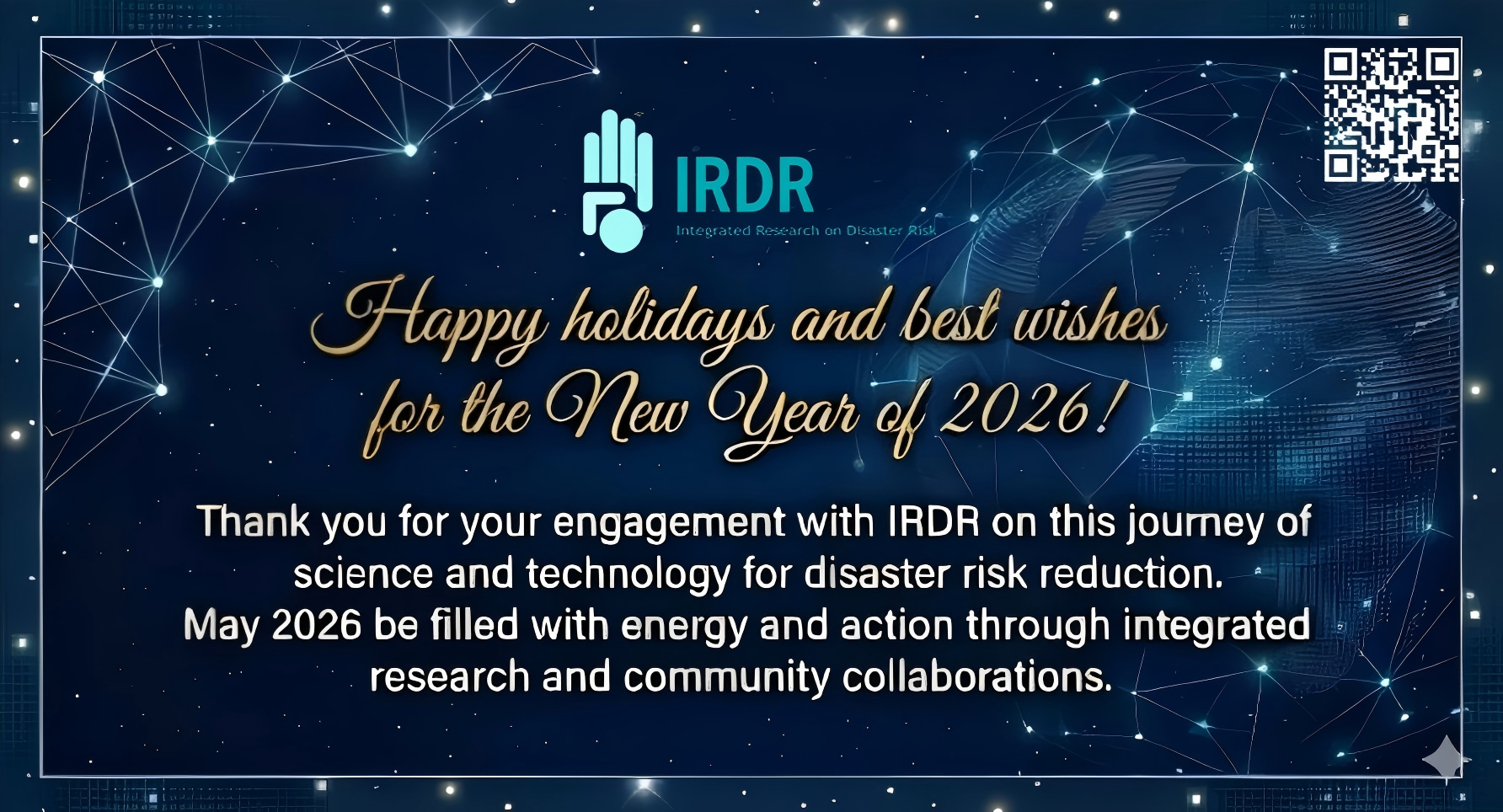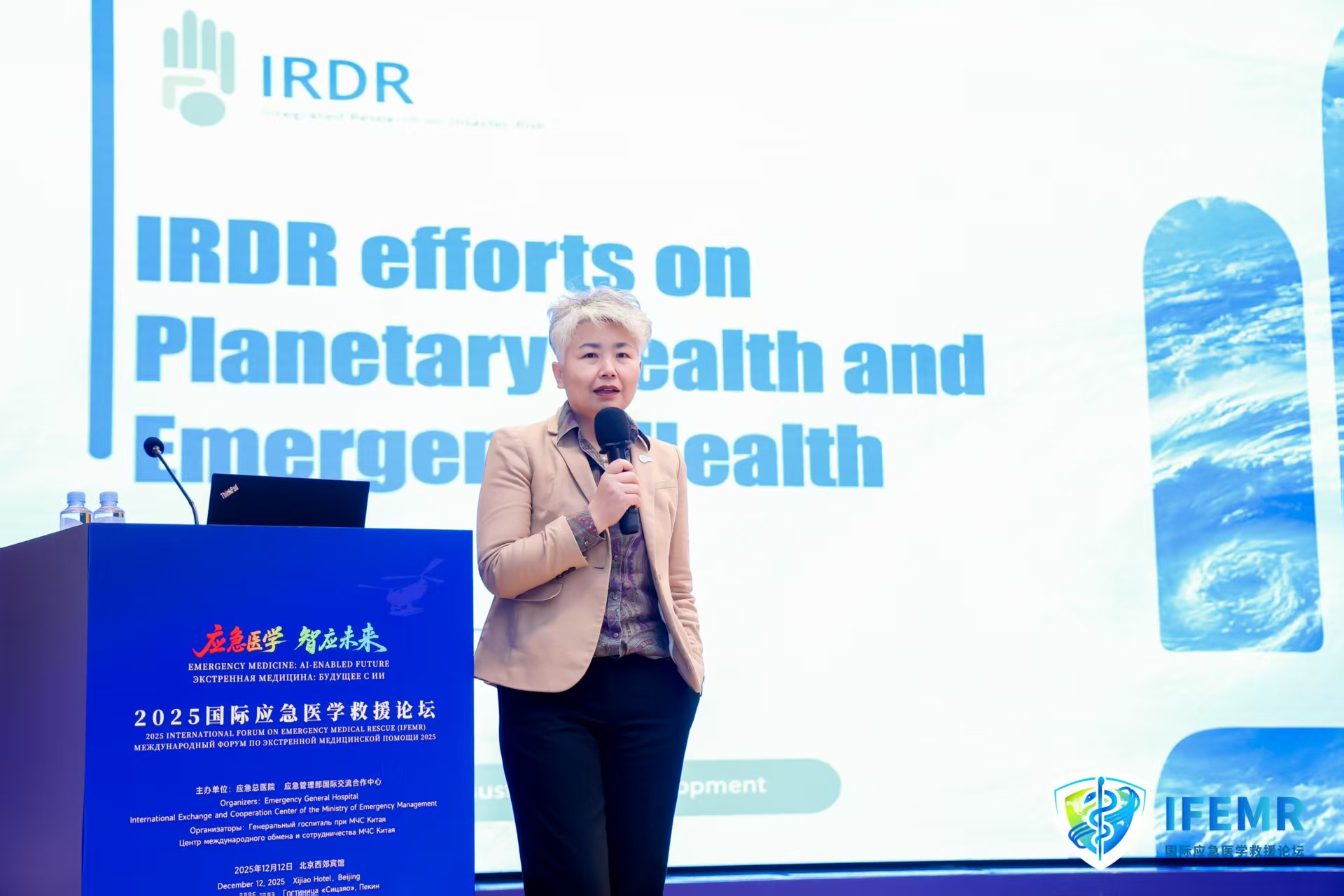Nearly 300 partnerships between governments, businesses and civil society organizations from all over the world have been registered to support small island developing states bringing the total value of these commitments to over USD $1.9 billion, based from a UN press release at the conclusion of the Third Conference on Small Island Developing States (SIDS) in Apia, Samoa last month, September 2014.
The conference with the theme “The sustainable development of small island developing States through genuine and durable partnerships” provided successful partnerships which were registered in the lead up to and during the Conference in Samoa and launched innovative and concrete new ones to advance the sustainable development of small island developing states.
“Many of the initiatives announced here are looking at the unique position of small island developing states as an opportunity to accelerate advancements on renewable energy, disaster preparedness and sustainable food systems, to name just a few key areas,” said the Secretary-General of the Conference, Wu Hongbo.
Representatives from 115 countries attended the meeting, which is the third global conference to tackle sustainable development, and the first to be held in the Pacific region. The Conference reaffirmed the need to consider the special circumstances faced by small island developing states in achieving sustainable development.
Climate change and natural disasters are two of the most difficult challenges facing SIDS, however, the experiences of SIDS can serve as models and examples for other countries to learn from. The transition towards sustainable economic growth and a low carbon society is essential for enhancing resilience, and ensuring adequate financial resources for economic and social development. Innovative clean technologies are indispensable as is extensive capacity-building in SIDS to increase their ability to adapt to climate change and manage disaster risk.
In order to ensure successful implementation of adaptation and mitigation measures to combat climate change and development of effective disaster risk reduction strategies, it is essential to include in partnerships various stakeholders including governments, private sector, civil society, and local communities. All these stakeholders need to feel ownership of the partnerships and their management. SIDS have realized, through their implementation of the Hyogo Framework for Action for disaster risk reduction, that there is very little practical difference between disaster risk reduction and climate change adaptation, in particular, at the community level.
The partnership that was forged during this conference included 166 states and governments, 85 UN entities/inter-governmental organizations, and nearly 1,200 major groups and other stakeholders.
One of the new partnerships, the Small Island Developing States Lighthouse Initiative, developed by the International Renewable Energy Agency will seek to raise USD $500 million to assist small islands in increasing their share of renewable energy, enabling them to meet or exceed their renewable energy targets. This is of particular importance to this group of countries where fossil fuels can cost three times more than in mainland markets. The initiative will also provide training for policymakers to make them aware of what is needed in terms of legislation and outreach to the public to transform their country’s energy sector.
Another new initiative, the Pacific Island Oceanic Fisheries Management Partnership, aims to mobilize over USD $94 million to help 15 small island developing states in the Pacific meet their international obligations regarding sustainable fishing. This partnership is supported by the UN Development Programme, the Food and Agriculture Organization, the Global Environment Fund, Forum Fisheries Agency and the Secretariat of the Pacific Community.
Other initiatives include the South-South Technology Transfer Facility for SIDS, which will mobilize nearly US$5 million to provide small island developing states transfer technology in areas such as global health and agriculture, and The Programme for Strengthening the Resilience of our Islands and our Communities to Climate Change, budgeted at over US$5 million, which will strengthen the ability of the Cook Islands to manage the anticipated consequences of climate change.
Furthermore, the UN Member States formally adopted the outcome document of the Conference, the Small Island Developing States Accelerated Modalities of Action – or SAMOA Pathway – in which countries recognize the need to support and invest in these nations so they can achieve sustainable development.
The Samoa Pathway also recognizes that financing – from all sources – is critical for the sustainable development of small island developing states. In the document, Member States reaffirmed their commitment to help these countries strengthen their domestic policies and help them gain access to financing for development.
Sources: SIDS Conference in Samoa






